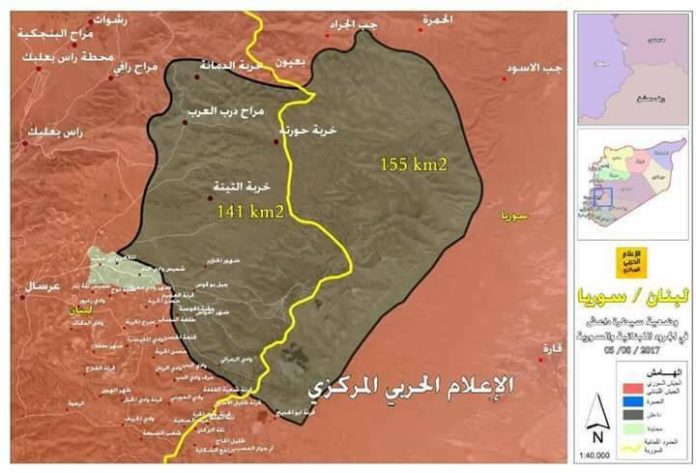Hezbollah, Syrian Army team up in next Qalamoun offensive


Hezbollah’s Secretary General, Sayyed Hassan Nasrallah, revealed on Friday that his forces, alongside the Syrian Arab Army (SAA), will participate in an upcoming operation that is geared to expel the Islamic State (ISIL) from the western slopes of the Qalamoun Mountains.
A military source in Damascus confirmed that the Syrian Arab Army and Hezbollah will team up to clear the Jaroud Qarah area, which has been under Islamic State control for nearly two years now.
With the Lebanese Army clearing the Ras Ba’albak area, the Syrian military and Hezbollah will be able to pressure ISIL to surrender the area in exchange for transportation to another front in Syria.
Once Jaroud Qarah and Ras Ba’albak are cleared, the Syrian and Lebanese governments will have full control of the border for the first time since 2011.







